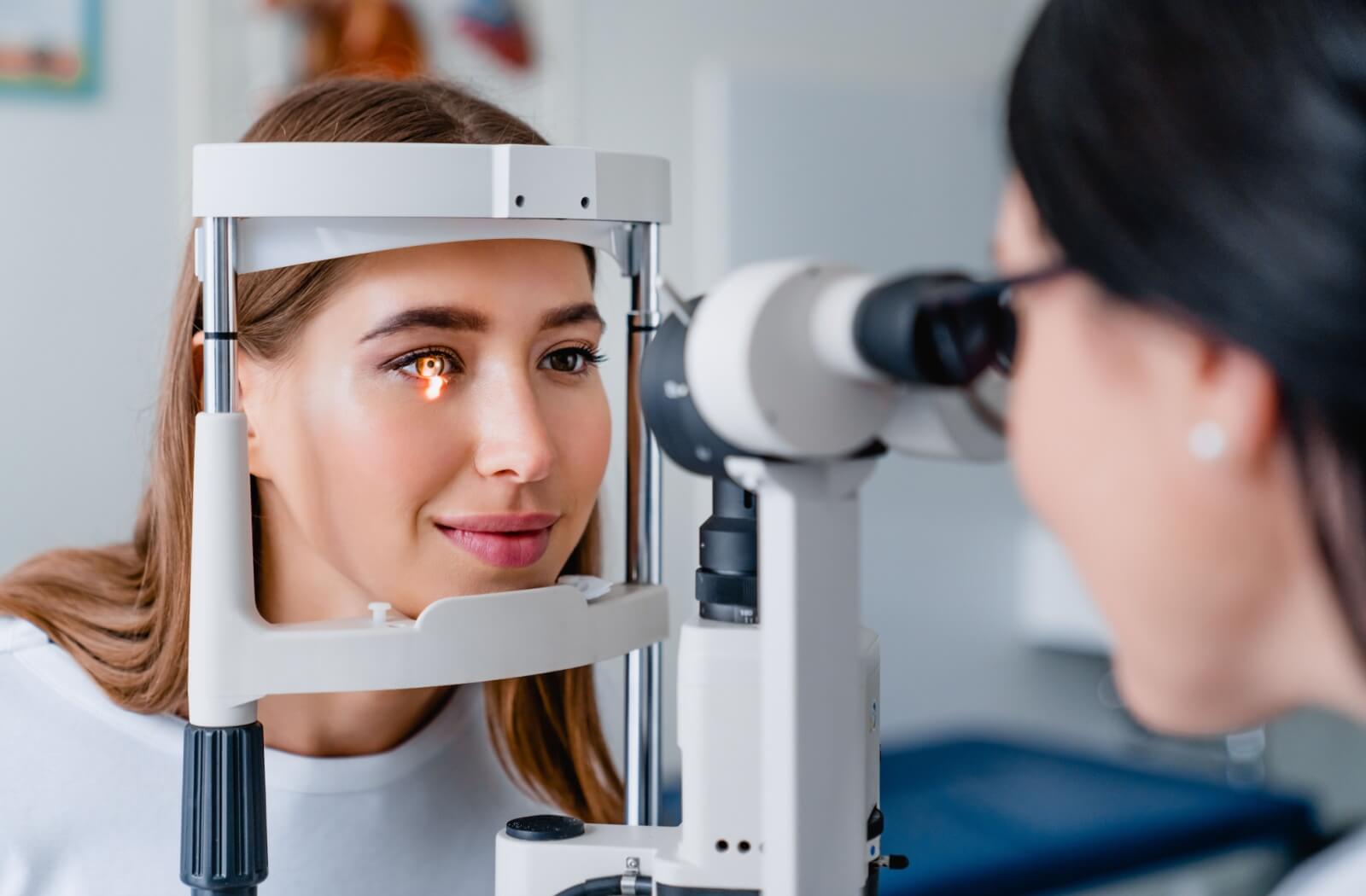All Categories
Featured
Table of Contents

Routine eye assessments are vital for maintaining good vision and detecting prospective eye health issues early. Nevertheless, the frequency of these tests can differ dramatically based upon an individual's age, way of life, and total health. Understanding the recommended timetable for eye tests can aid guarantee that people of all ages obtain ideal care and surveillance for their eye wellness.
Newborns and Toddlers (0-2 Years)
For babies and kids, eye exams are essential for identifying any prospective vision troubles early on. The American Academy of Ophthalmology advises that a child's first eye examination should happen at around six months old. Throughout this first check out, the eye treatment specialist will certainly evaluate the youngster's aesthetic advancement and check for any type of apparent eye issues.Following this initial test, it is suggested that children have one more eye examination at age 3. This see will focus on evaluating the child's total visual function, including eye positioning and the ability to track items. If no problems are spotted, the next test ought to be arranged prior to the child begins school, commonly around age five or 6.
School-Aged Youngsters (6-18 Years)
Normal eye examinations need to be scheduled every one to 2 years once children reach institution age. Vision is essential for discovering and advancement, and lots of colleges carry out vision screenings. Nonetheless, these screenings do not replace a comprehensive eye examination by an eye care expert.For youngsters associated with activities or sporting activities needing considerable visual focus, annual eye examinations might be suggested. Furthermore, if a youngster shows indications of vision issues-- such as difficulty reviewing, scrunching up your eyes, or frequent frustrations-- a visit to the eye doctor should be arranged asap.
Young Person (19-39 Years)
Young person normally have fewer vision modifications than older age teams, but routine eye exams remain essential. The general referral is to schedule an eye test every 2 years throughout this duration. However, people with particular threat variables-- such as a family members background of eye condition, diabetic issues, or those who use contact lenses-- must consider yearly eye exams.Furthermore, those who invest significant time on digital gadgets might experience electronic eye pressure. If symptoms such as dryness, fatigue, or blurred vision happen, it might be a good idea to see an eye care specialist sooner.
Adults (40-64 Years)
As individuals enter middle age, the probability of creating vision issues rises. Adults aged 40 to 64 must schedule eye tests each to two years. This age group might start to experience presbyopia, an all-natural age-related condition that makes it challenging to concentrate on close items. Eye exams can additionally assist detect various other usual age-related conditions such as glaucoma, cataracts, and macular degeneration.If individuals in this age team have threat factors like high blood pressure or diabetic issues, they may need more regular examinations to check their eye health very closely.
Seniors (65 Years and Older)
For senior citizens, normal eye examinations become also a lot more essential. The American Optometric Organization recommends that people matured 65 and older have an eye exam at least as soon as a year.Final thought.
Recognizing the suitable timetable for eye examinations based on age is important for maintaining optimum eye health and wellness throughout life. From infants to elders, normal eye assessments play an important function in finding concerns early and ensuring that vision remains sharp. By sticking to these guidelines and speaking with an eye care professional, individuals can take positive steps toward preserving their vision and general wellness. Whether it's a kid's very first visit or an elderly's annual exam, prioritizing eye treatment is a financial investment in long-lasting well-being.Table of Contents
Latest Posts
South Eye Center - Eye Care Center: Your Go-To Eye Care in Dothan, AL.
Published Apr 11, 25
2 min read
South Eye Center - Top Eye Physicians Near You: Personalized Eye Health Solutions.
Published Apr 11, 25
2 min read
NAPA AutoCare Certified: Turn to Montclare Auto Repair for Reliable Auto Care
Published Apr 11, 25
2 min read
More
Latest Posts
South Eye Center - Eye Care Center: Your Go-To Eye Care in Dothan, AL.
Published Apr 11, 25
2 min read
South Eye Center - Top Eye Physicians Near You: Personalized Eye Health Solutions.
Published Apr 11, 25
2 min read
NAPA AutoCare Certified: Turn to Montclare Auto Repair for Reliable Auto Care
Published Apr 11, 25
2 min read